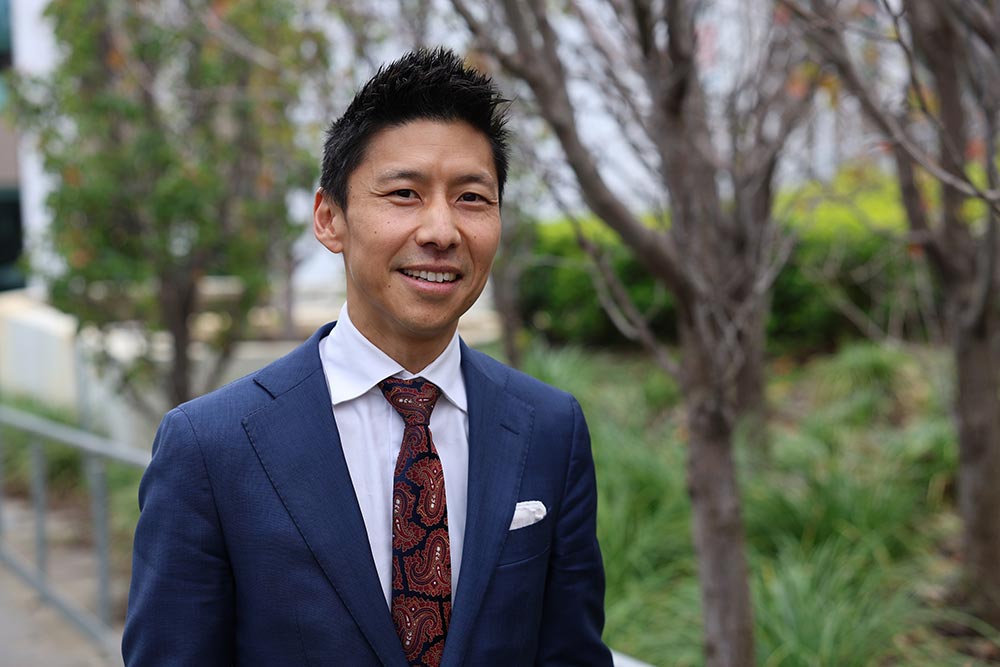New treatment options inspire innovative medical research
 Prof Cheah, Clinical Haematologist at Sir Charles Gairdner Hospital
Prof Cheah, Clinical Haematologist at Sir Charles Gairdner Hospital
A passion for driving increased access to the latest treatments for WA patients with lymphoma and other blood cancers has guided Professor Chan Cheah in his first investigator-initiated trial.
Known as LEVERAGE, this phase I/II clinical trial is looking into the potential of non-chemotherapy treatment for advanced stage follicular lymphoma patients.
Professor Chan Cheah said that follicular lymphoma is the most common type of slow growing lymphoma in the Western world and we probably see 300 to 400 patients diagnosed a year in WA and thousands more living with it.
Due to the significant undesirable side effects of chemotherapy, a combination of three non-chemotherapy medications – obinutuzumab, lenalidomide and venetoclax – is being reviewed to assess whether they can be part of a treatment that is effective and has a more favourable side effect profile.
Prof Cheah, Clinical Haematologist at Sir Charles Gairdner Hospital, said that the idea of the project came to him when he was out for a run in 2016.
While it took a few years to get things moving, new drugs have come online which have supported the primary analysis of the study.
Interim results from the study have been positive with 91 per cent of the 45 patients responding to the drug combination and 79 per cent achieving a complete response, with their scan at the end of the six months showing no lymphoma. The medications are showing to produce a reasonable side effect profile.
Importantly, trials like LEVERAGE are providing opportunities for patients in WA to access to a range of exciting new treatment options.
Describing the trial as a labour of love, Professor Cheah said he is excited to be presenting its final results later in the year.
With five clinical research fellows for 2025, including the largest Clinical Haematology Fellowship programs in Australia and several ongoing investigator-initiated trials, the SCGH haematology team continues to make significant strides in medical research and improving the lives of patients with blood cancers.
"I also have a charity called Blood Cancer Research WA which helps to power all of these clinical trials," Professor Cheah said.
"Having ongoing support from government and philanthropists from the community allows us to continue to make better treatments available to Western Australian patients."
Blood Cancer Research WA – Blood Cancer Research Western Australia (external site)

